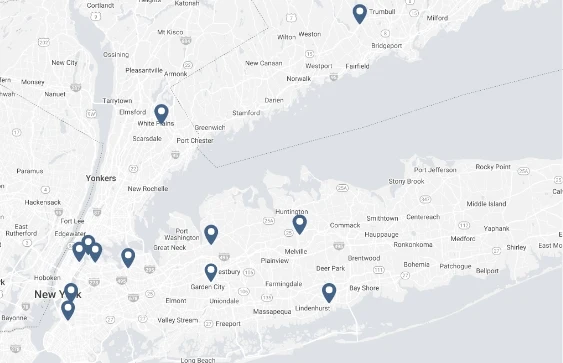A recent Time Magazine story revealed that scientists now realize that obesity is actually aging our childrens’ bodies. Fat is not inert, it states, it is an active and detrimental force that is shortening our childrens’ lives.
I have encountered many parents in my work here at the practice, and they are not even aware of their kids eating habits or how they gained the weight they now need to lose.
Our upcoming book, THE RESTORE POINT: The Safe and Sane ™ Guide to a Lifetime of Lean for Kids and Families includes a checklist of basic signs that point to a possible imbalance in your child’s ability to burn the right amount of calories to stay fit. Some of these issues may be behavioral, others may be nutritional, some may be a combination of both. If you notice, many of these issues are not something that stares you in the face, but rather, they are behavioral issues that point to difficulty around food and a poor body image.
Some of these behaviors, like sneak eating, occur even before your child is visibly overweight. These behaviors point to an eventual problem not far down the line. Others, like male breasts, show that a visible obesity level may have already been reached. Stay tuned to this blog for critical information on how you can prevent health issues from arising in childhood and teen obesity.
An Awareness Checklist for Parents
- Your child is visually, noticeably overweight.
- Your child is concealing food and eating in solitude.
- Your child is having trouble in gym class.
- Your male child shows the growth of noticeable male breasts (gynecomastia).
- Your child is living a virtual as opposed to actual social life—spending more than 2 hours a day for recreation on the computer rather than outside playing.
- Your child is being bullied at school.
- Your child is having repeat issues with cavities (high sugar diet).
- Your teenage girl will not go out clothes shopping with you or with her friends (she may not be able to fit into traditional sizes).
- Your teenage child has issues with relating to the opposite sex: shyness, avoidance, etc.
- Your child’s eating habits are noticeably meager but their body is not (points to eating in secret).
If you answered “yes” to almost all of these issues, then there may be an inbalance in the way your child is dealing with food.
Even if you answered “yes” to many of these questions on behalf of your child or teen—this is not the time to feel defeated. This is the starting point for change. By knowing your child’s regular eating habits, we can help change them for a lifetime of fitness and lean living.
We will be making these changes together. That means that you and your family will need to be as mindful about what you eat and how you exercise with your child.
It may be challenging, but the rewards can be life altering.
–By: Frederick N. Lukash, MD, FACS, FAAP
Dr. Frederick N. Lukash is a Board Certified Plastic Surgeon specializing in pediatric and adolescent issues as they relate to body image and self-esteem. He currently is in active practice at Long Island Plastic Surgical Group and its Manhattan affiliate, New York Plastic Surgical Group. He is the author of the bestselling book, The Safe and Sane Guide to Teenage Plastic Surgery (BenBella).

